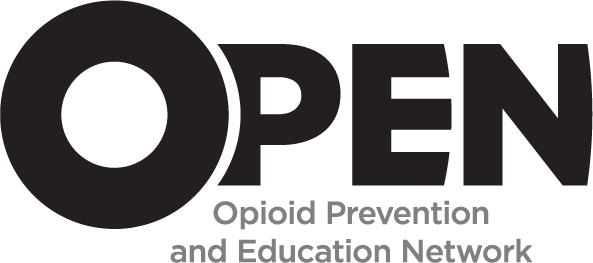Dr. Cheryl Eschbach serves as Director of the Health and Nutrition Institute at Michigan State University Extension. Trained as a gerontologist, she has experience in program implementation, evaluation, and research dissemination. Dr. Eschbach started her career with MSU Extension in 2008. In her former role as an Extension Specialist, she provided evaluation leadership on a variety of community-based education topics, including climate variability and agriculture, new farmer leadership development, homeownership and financial capability, anger management, health self-management, and food safety. In 2017, with colleagues, she published an innovation report in Academic Medicine proposing how the national Cooperative Extension framework can serve as a model of health extension to be implemented at other extension services within land-grant institutions and our nation's academic health centers and community-based medical schools. Her recent publications highlight successful strategies of the MSU Model of Health Extension.
In 2019, Dr. Eschbach engaged in grant writing activities on behalf of the Health and Nutrition Institute. As of July 2021, she has brought in over 3 million dollars in new state and federal funding to expand and sustain community behavioral health programming and outreach in the areas of opioid misuse prevention, treatment and recovery, vaccine education, AND farm stress—mental health awareness and suicide prevention for agricultural audience. Since 2019, Dr. Eschbach has served as P.I. and Project Director of MiSUPER – Michigan Substance Use, Prevention, Education, and Recovery project. https://www.canr.msu.edu/misuper/ In July 2021, Dr. Eschbach (along with two colleagues), was awarded a 7 million, 3-year grant from CDC/ Michigan Department of Human and Health Services to coordinate immunization education for youth and families in rural Michigan.
Research Focus
Climate variability and agriculture, new farmer leadership development, homeownership and financial capability, anger management, parenting, health self-management, and food safety, aging, rural health, community based education, evidence-based programs




